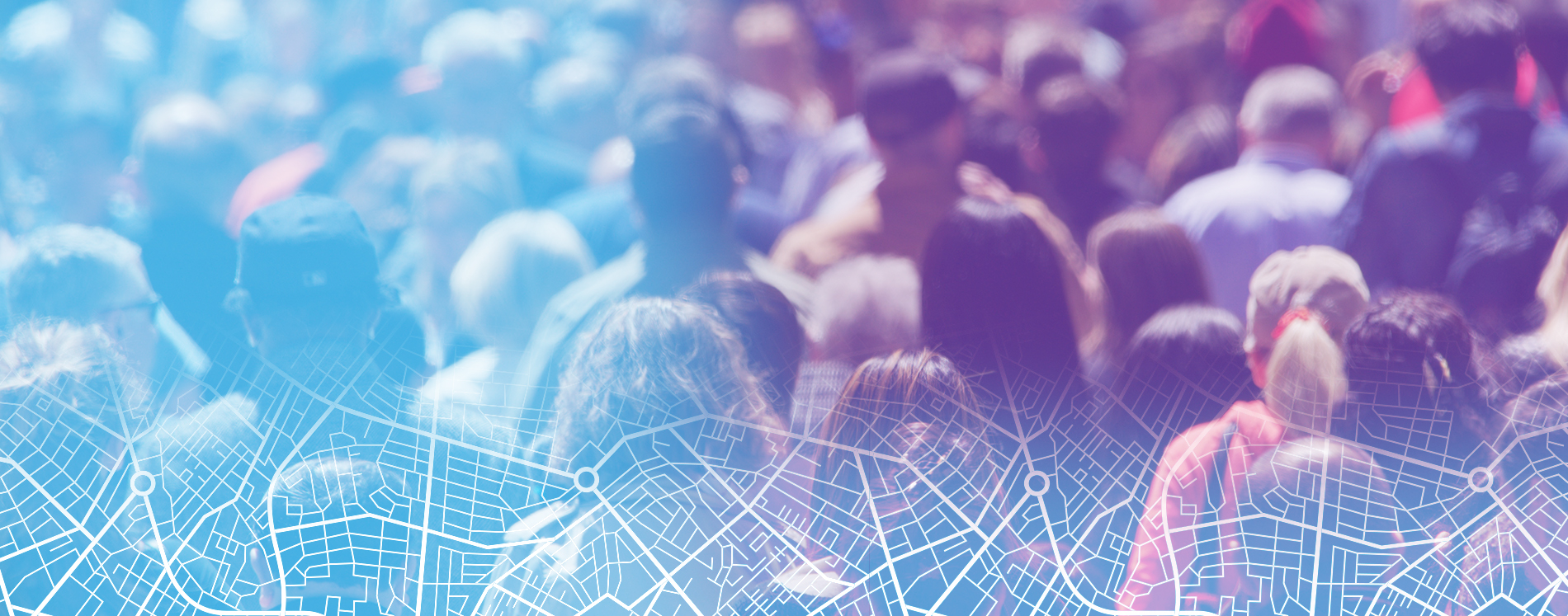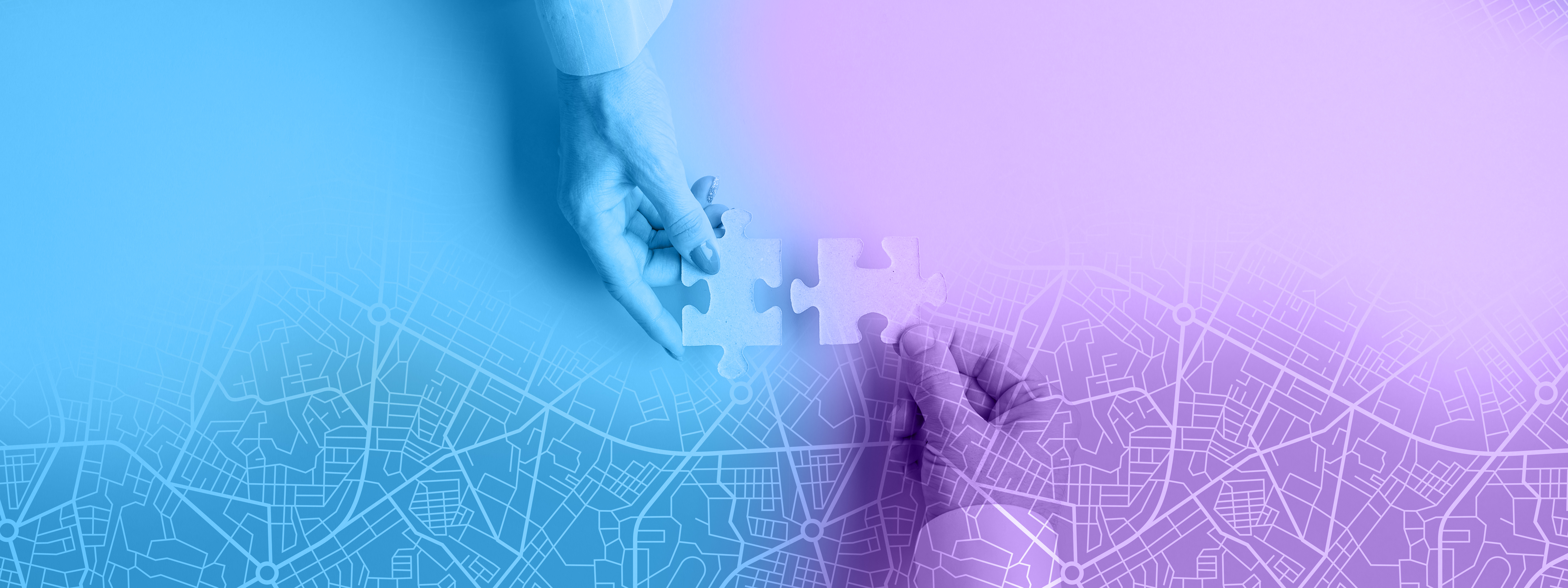The last in the series of CEMR & IncluCities online events to raise awareness about diverse and inclusive European cities, opened an interesting discussion about the identity, aspirations, political and social engagement of the second-generation migrants.
Redouan Boudiba, the CEMR Mobilisation and Youth Officer talked with Imane Nadif. An open conversation between two second-generation migrants, bridging Amsterdam, Brussels and Morocco, for both speakers the origin country of their parents.
Imane Nadif is Councillor for the Green Party (GroenLinks) at the City Council of Amsterdam, amongst others responsible for sustainability, circular economy and waste. As a party board member, she covers diversity, inclusion and external relations.
--------
While the term ‘migration background’ is subject to political criticism, there is equal criticism of the term ‘second-generation’, especially from those who are affected by this designation and don’t see themselves as migrants because they were born and raised in the host country. What and who is a second-generation migrant?
Imane: “I think that as a second-generation immigrant or migrant, it is important to understand that even though you were born in the country you are currently living, your experience is different from other people who were born and raised here, and who have generations of people living here. For example, my parents came from Morocco and when it was time for to go to school, they weren’t familiar of how these things work here, and they had to learn, as it was completely different as their experience from Morocco. The first, the second and also the third-generation migrants have to build everything from the ground up. And that is very difficult.”
Redouan: “I was born and raised in Belgium and my parents are from Morocco as well. I am Belgian, and I feel Moroccan at the same time. But I am not sure if I see myself being part of, as we call it, the second-generation migrants category.”
Is there a uniform category of the second -generation as such, and is it still appropriate to see us as the second-generation migrants?
Imane: “I have two children now, and what I see is a complete difference between what I had to do when I was growing up. What my parents had to do, what they had to learn, what they had to experience. And the privileges of having parents that know how everything works, who can help you out with so many things. This experience is different. And I think people should be free to define themselves when it comes to cultural identity. This is based on your experiences on how you feel about it and what feels comfortable for you. In my view, the term second-generation migrant doesn’t define me completely, but it does say something about my life.”
Redouan: “Today, I don’t know exactly how to define myself. I keep rediscovering myself. In my opinion, it is really important to move away from this uniform representation of immigrant families. To consider the plurality of experiences and ways of taking place in the society. We are all different, and we all have different experiences, that’s what defines us. At the same time, we know where we were born and raised, and it’s really about taking place in the society where we live, where we build our families and construct our future.”
Do you see a link between the immigrant legacy of your parents with your interest in politics? Was there a specific moment when you decided for political engagement?
Imane: “When I grew up, my parents were working a lot, they were really on survival role: making sure they have enough money, as they were not only providing for their own children but also for their family back in Morocco. That was very important for them. But they always made it very clear that voting matters, political issues mattered. Watching political debates was something that was passed to me very early. To be honest, I wasn’t much of a political activist in the beginning. I went to school, got a job, had kids,... just going through life. Always voted, always watching the news, always making sure that I knew what was going on, but I was not very proactive.
It all started with one Dutch politician here in The Netherlands. He said that there should be less Moroccan in the Netherlands. At first, I thought, whatever, this is such a horrible person and a racist. However, my daughter heard it at school when she was 6, and she thought she’d have to leave the country. And that was actually the moment when I said to myself: If I want representation, if I want people to speak out against people like Wilders, it’s very important for me to speak out. To make sure I am an example for my daughter. It’s so complicated to be second-generation migrants when you were born and raised here, but you don’t look like other people from here, you don’t feel like you are supposed to invade spaces of power. Especially for the women of colour, it makes it even more difficult. You say, I vote, I am not very active and that’s it. But I started thinking abut this man who was saying all these awful things is taking space that I have the right to take - so why I am not using my right to take up that space? And that’s how I came to politics."
The hashtag for the Refugee Week is #WeCannotWalkAlone. What does it mean to you?
Imane: “I think the only way we are going to fight injustice, climate change and make sure there is more equality, is if we do it together, and we all take the responsibility together. And that’s how I see it.”
Redouan: "Quote from Gandhi that inspired me since a very young age: ‘In a gentle way, you can shape the world.’ We’re all in this together, we are trying to influence the world in a gentle way, to exchange, to be able to listen to each other and show empathy. I strongly encourage the younger generation to keep investing and engaging in this kind of dialogues within their generation and also with elders. We have so much to learn from them."
-----------------
Watch the conversation:

